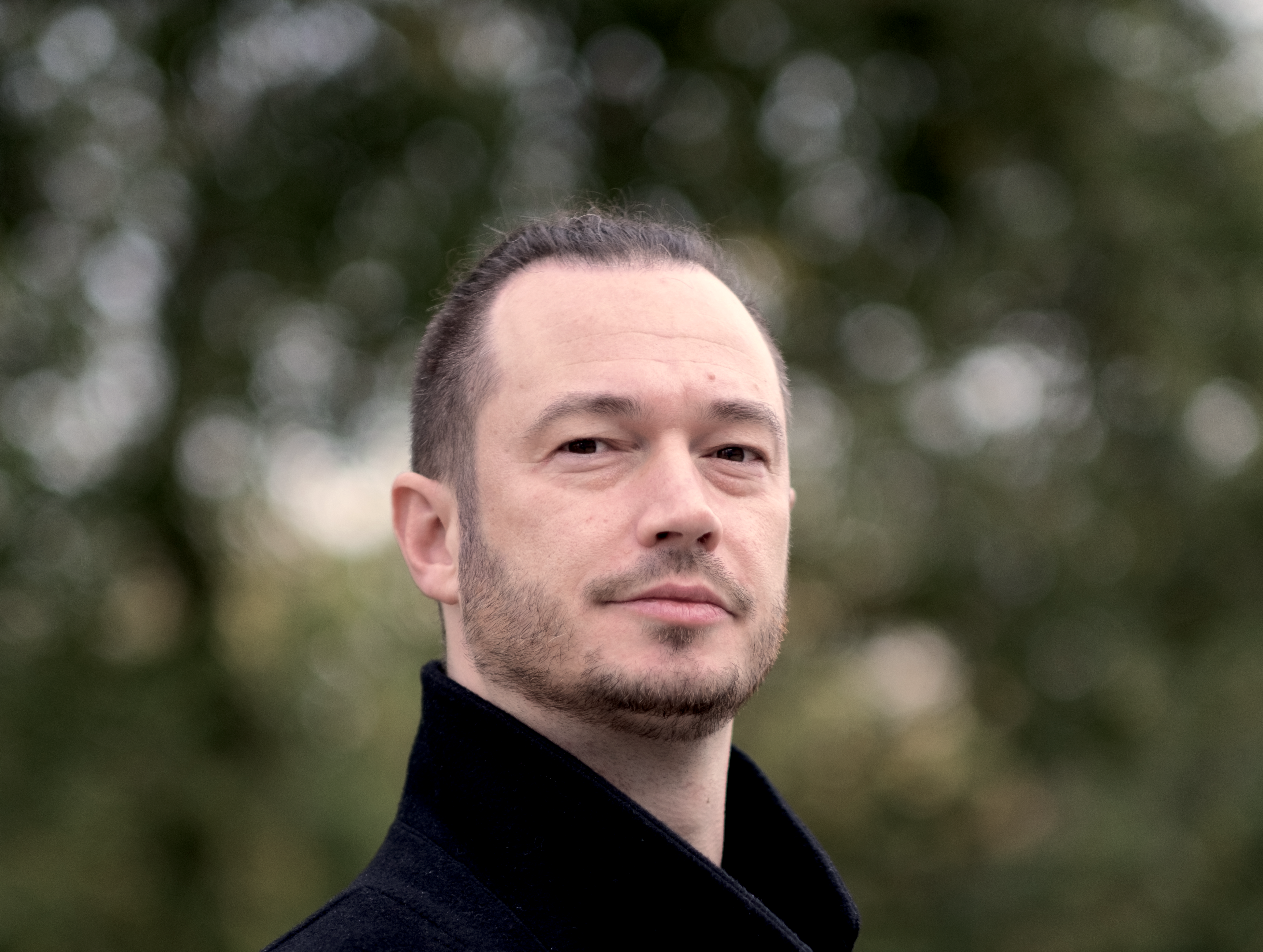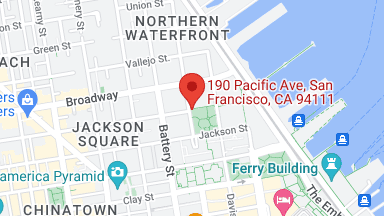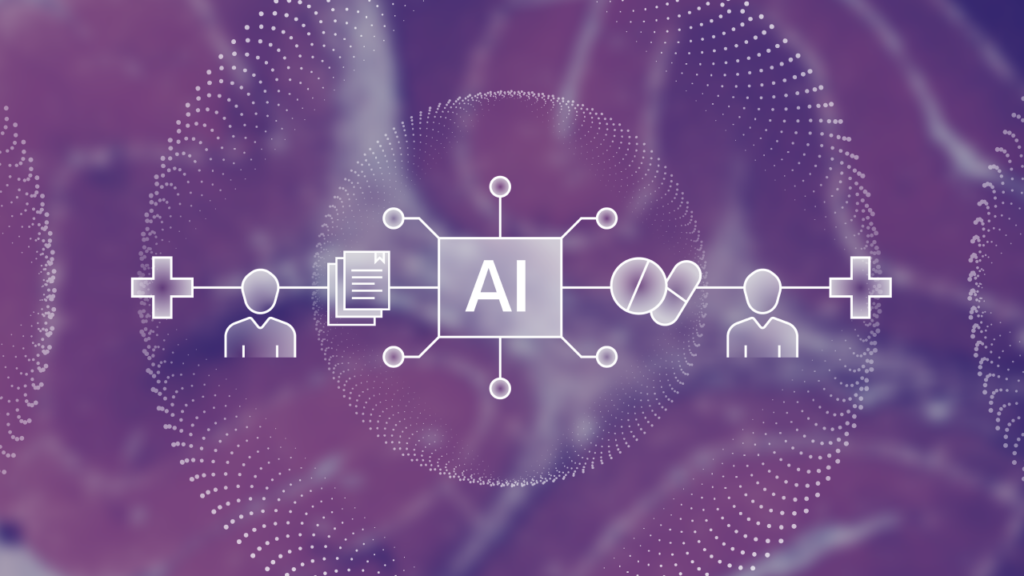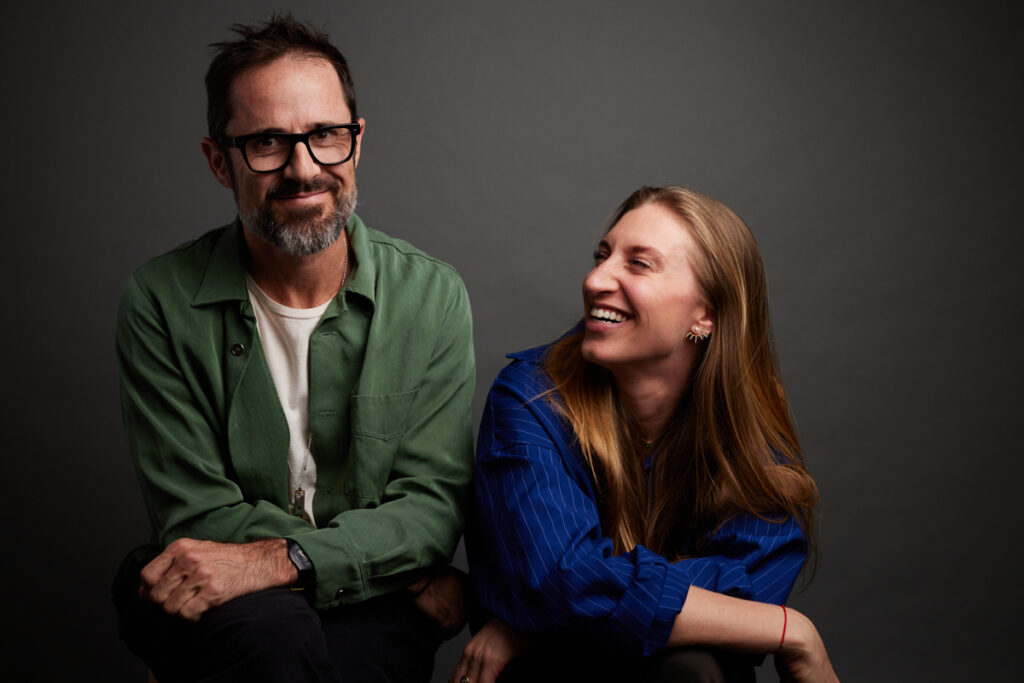Creating Biological Software to Solve the Biggest Questions in Medicine
Rohan Ganesh |

A few years ago, Jakob Uszkoreit had a realization. Uszkoreit was one of the eight Google researchers who laid the foundations for the field of generative AI in their groundbreaking 2017 paper Attention is All You Need. In the paper, the authors described a novel machine learning model architecture called Transformer that was later used in popular applications including OpenAI’s Chat-GPT.
After their breakthrough, all eight authors left Google to work on new ventures built upon this technology. Six of them founded new companies that advanced the development of large language models in AI research labs or applied LLMs for conversational applications.
Uszkoreit had a different idea. He realized that by applying similar, new AI models to science, this groundbreaking technology could help solve some of the biggest questions in biomedicine.
In 2021, Uszkoreit and Stanford biochemist Rhiju Das founded Inceptive to, in their words, use deep learning and high-throughput experiments to use mRNA as a key first step to understanding life’s languages.
RNA is a molecule that intermediates how our genetic code (DNA) gets actualized to proteins, which in turn carry out important cellular functions. Messenger RNA (mRNA) first came into broad focus in 2020 as it was leveraged to develop vaccines for COVID-19 in record time. But the Covid vaccines were merely the beginning of RNA’s potential for almost any therapeutic application, from fighting respiratory illnesses to, conceivably, eliminating cancer.
Biology 2.0
“The most significant future breakthrough will arise from the transition away from traditional “white-box” data, understandable by humans, to novel high-throughput, low-cost AI-specific “black-box” data modalities developed in tandem with appropriate computational methods.” – Michael Bronstein, DeepMind Professor of AI at the University of Oxford
Uszkoreit’s entrance into biology was sparked by two 2020 events. The first was seeing millions of patients benefiting from mRNA-based Covid vaccines. The second was the breakthroughs in Google’s AlphaFold2, a follow-up to the original AlphaFold that could predict three-dimensional protein structures from sequence data and that was also based on the Transformer. He also had a daughter in 2020, which offered a new lens to view the challenges of biomedicine as humans grow and age.
Others brought to the company different expertise and viewpoints. Alexey Dosovitskiy came from Google Deepmind, where he pioneered transformer applications to computer vision and helped develop Vision Transformers. Noha Radwan, who also worked in Google Deepmind, co-authored the paper “NeRF in the Wild” which pioneered 3D reconstruction of landmarks using public photos from tourists (the technology is now used by Google Maps).
Stephen Floor, a former professor in the Department of Cell and Tissue Biology at UCSF, brought advanced biology credentials. Floor’s lab studied gene regulation involving RNA in human cells and how it is altered in cancers and developmental disorders. Floor saw in Inceptive the potential to supercharge scientific understanding of human biology. “I joined Inceptive because I believe our exceptionally strong cross-disciplinary team is crucial to realize the potential of machine learning for RNA design,” Floor said.

The Inceptive team at an offsite. Photo courtesy of Inceptive.
Altogether, the team’s diverse expertise combined into a powerful and unprecedented tool to explore the extreme complexity of biology. Even a relatively simple protein like the spike protein in the Covid vaccine can be coded by over ~2.4 x10632 theoretically possible mRNA sequences. That’s an inconceivable number, considering there are thought to be only about ~1082 atoms in the known universe. While this immense search space is impossible for humans to fully explore, Inceptive believes that advanced AI models can detect relationships hidden from humans to find mRNA sequences that lead to better drug properties.
A Creative Vision
Inceptive strives to not be a theoretical company, but one that has immediate impact. On each employee’s first day at the company, they’re encouraged to build experience beyond their area of expertise. Machine learning researchers spend time understanding how wet lab experiments work, and wet lab biologists learn to code and train AI models.
The vision for the company is rooted not in interdisciplinary science, but under a philosophy of antedisciplinary collaboration.
Interdisciplinary science sorts researchers into silos like geneticists, biochemists, and physicists. An antedisciplinary structure works to create a new scientific structure that fuses machine learning and biology in creative ways. Regardless of each employee’s credentials, everyone at Inceptive is referred to as a “beginner” to underscore the constant process of learning new things.
Inceptive’s office and lab reflect this philosophy. Rather than separating employees by job functions—computer scientists, biologists, mechanical engineers—the company designed its Palo Alto office to bring people together in communal areas where passing conversations can spark new ideas and facilitate deep collaboration.
It also wants to foster a sense of nature, even indoors. Natural light floods in through large windows that overlook the Palo Alto hills, and the floors are covered in artificial wood instead of conventional lab tiles.
Above all, Inceptive, both as an idea and a place, is designed to be welcoming and inclusive—a company that’s open to new ways of thinking and a space that people like coming to.
Power in Partnerships
Inceptive’s work is bilingual in the languages of biology and computer science. New AI models can understand both languages and bridge them to drive breakthroughs in new drug discovery.
The company has begun partnering with major pharmaceutical companies that can help test, validate, manufacture, and eventually distribute the therapies discovered in Inceptive’s labs. It takes a village to get the next generation of life-saving drugs to those who need them, and Inceptive is working to create the village that it will take.



